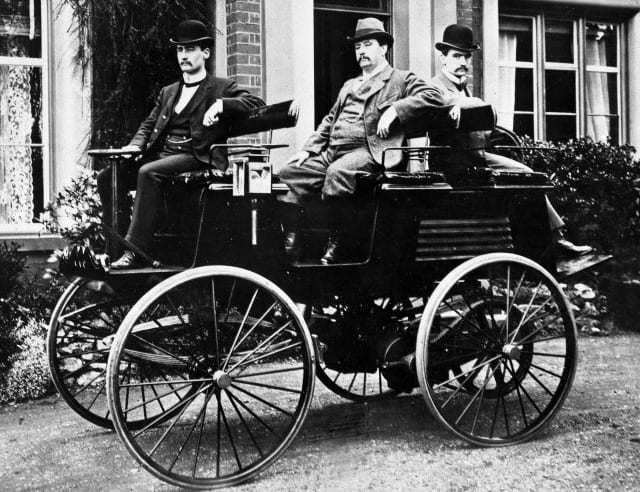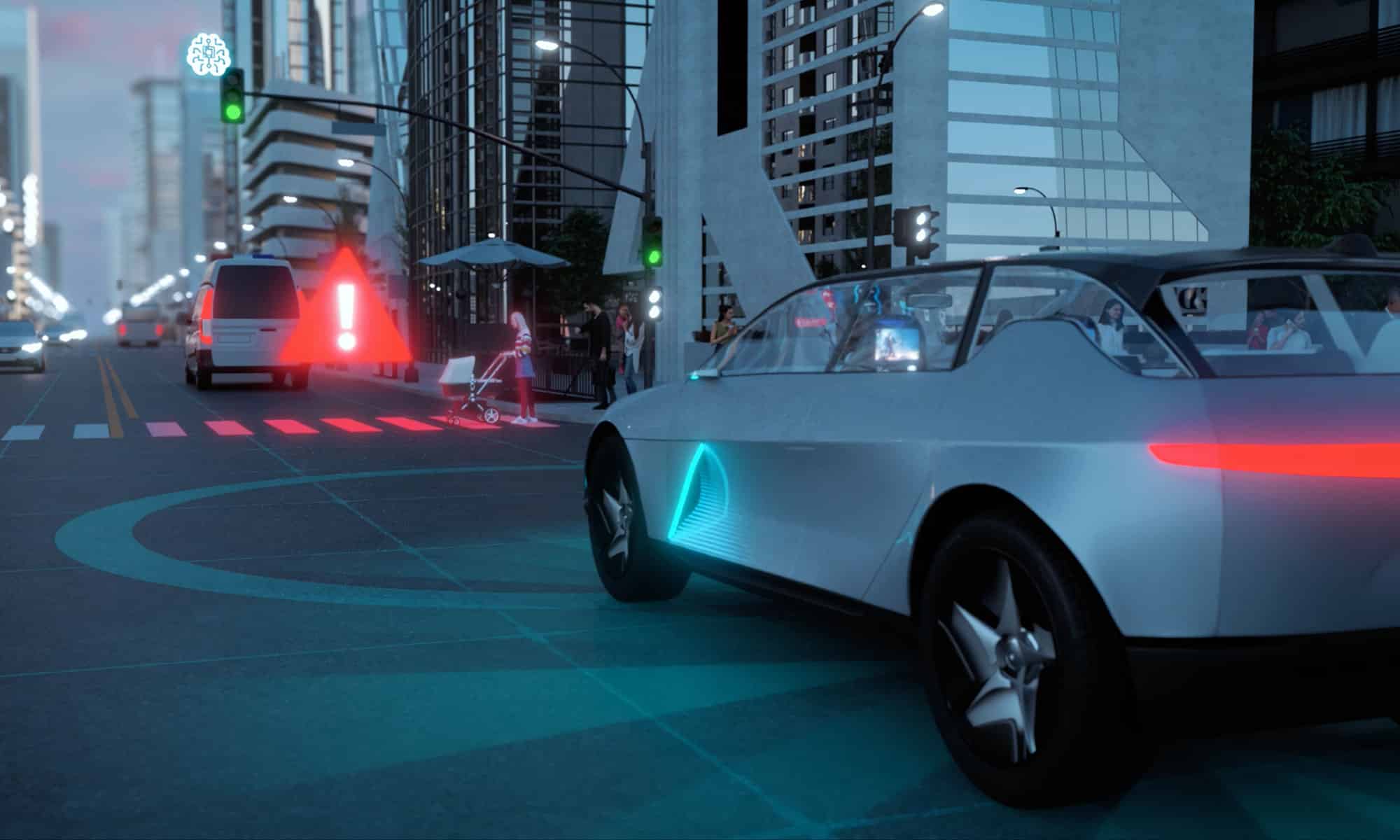Evolution of Electric Automotive Brands
Trace the journey of electric automotive brands and their evolving impact on the broader industry.

As we witness the era of Electric Automotive Brands unfold before our eyes, it's essential to take a step back and understand their evolution. The journey these brands have embarked on has not only transformed the automotive industry but also opened new opportunities for sustainable transportation. Let's take a look at how the electric automotive ecosystem has evolved over the years.
The Journey of Electric Automotive Brands
Electric vehicles (EVs) have come a long way since their initial inception, with manufacturers evolving their designs, technology, and marketing strategies to meet the evolving needs of the eco-conscious consumer.
Table of Contents
- The Early Days of Electric Vehicles
- Modern Evolution of Electric Automotive Brands
- Key Players in the Electric Automotive Scene
- Technological Advancements Shaping Electric Vehicles
- Future Trends in the Electric Automotive Industry
The Early Days of Electric Vehicles
Contrary to what many believe, the concept of the electric vehicle is not a novel innovation. The late 19th and early 20th centuries saw the emergence of electric cars, vehicles that were powered fully by electricity. Despite their many advantages over gasoline-powered cars, such as being cleaner and requiring less maintenance, they eventually fell out of favor due to limitations in battery technology and the availability of cheap oil.
The Thomas Parker Model

One of the earliest pioneers was inventor Thomas Parker, who in 1884, built an electric car in London. It was designed with high-capacity rechargeable batteries which made it more efficient in terms of energy usage.
Modern Evolution of Electric Automotive Brands
Fast forward a few decades and the landscape began to change. The gasoline-dependent automotive industry started feeling the heat of the emerging environmental crisis. Regulatory pressures and increasing environmental consciousness led to renewed interest in electric vehicles. Brands across the globe realized the need for sustainable alternatives, sparking the modern evolution of electric automotive brands.
The Rise of Tesla
One brand in particular has undoubtedly been at the forefront of the electric vehicle revolution: Tesla. While the company initially struggled to find its footing, with numerous production and financial setbacks, its perseverance paid off. Today, Tesla is synonymous with electric vehicles, inspiring other major automotive brands to transition to sustainable power.
However, Tesla's dominance in the electric market hasn't gone unchallenged. Several well-established and emerging automotive brands have risen to the occasion, creating their unique niches in the ever-growing electric vehicle landscape.
Key Players in the Electric Automotive Scene

The electric automotive scene today is peppered with an array of pioneering companies, each pushing the envelope with groundbreaking designs and technologies. Let's take a quick look at some of the leading brands:
- Nissan: The maker of the Leaf, one of the world's best-selling electric cars, has demonstrated immense dedication to the electric movement. Its continuous advancements in battery technology and affordable pricing have made it a favorite among consumers.
- BMW: Under its BMW i sub-brand, the company offers a range of plug-in electric cars. The i3 and i8 are widely recognized for their futuristic designs and innovative technologies.
- General Motors: This auto giant released the Chevrolet Bolt, the first affordable long-range electric car, even before Tesla’s Model 3 hit the market.
These brands represent just a glimpse of the vast array of options that are now available to consumers, demonstrating the incredible resurgence and evolution of electric automotive brands.
Technological Advancements Shaping Electric Vehicles

The fuel behind the electric vehicle revolution has largely been due to rapid advancements in technology. Let's explore some groundbreaking innovations that have significantly influenced the trajectory of electric automotive brands.
Battery Technology
The development of high-density, long-lasting batteries has been key to the success of electric vehicles. As the heart of an electric car, the battery's size, weight, durability, and charging time can greatly affect the vehicle's performance and efficiency. Lithium-ion batteries, known for their high energy density and long lifespan, have become the industry standard.
Apart from enhancing battery technology itself, a great deal of work also goes into developing better battery management systems. These sophisticated systems monitor and manage battery performance, ensuring optimal usage and longer battery life.
Infrastructure Challenges and Solutions
One of the significant concerns about adopting an electric vehicle is the challenge of charging infrastructure. Electric vehicle owners need reliable, convenient, and fast-charging stations to keep their cars running smoothly. As such, the expansion of electric vehicle charging infrastructure has been a crucial focus area for electric automotive brands and governments alike.
One promising solution has been the development of motorway charging networks, enabling longer distance travel. Charging spots in supermarkets, malls, and public parking lots have also started to become commonplace. Furthermore, home charging solutions that offer overnight charging for daily commuters are gaining popularity.
Future Trends in the Electric Automotive Industry
Welcome to the Age of Autonomous Driving
The electric vehicle revolution has opened up possibilities for yet another remarkable trend - autonomous driving. Several electric automotive brands are aggressively pursuing the goal of creating self-driving cars. While there is still a considerable way to go before we reach true level 5 autonomy, there's no denying that it is one of the most exciting developments in the industry.
The Shift Towards Electric Mobility as a Service
Technology has accelerated the transition from owning cars to sharing them. The popularity of ride-sharing services like Uber and Lyft signals a shift towards Electric Mobility as a Service (EMaaS). This model could reduce car ownership, leading to lower congestion and emissions in urban areas.
Final Thoughts
The electric automotive industry has seen a dynamic and rapid evolution in the corporate landscape, infrastructure, and technology over the years. As we look to the future, we can expect this trend to continue upwards, driven by environmental concerns, regulatory shifts, and consumer demand. Ready or not, the electric vehicle revolution is here to stay, marking a new era in transportation history.
What's Your Reaction?
































































